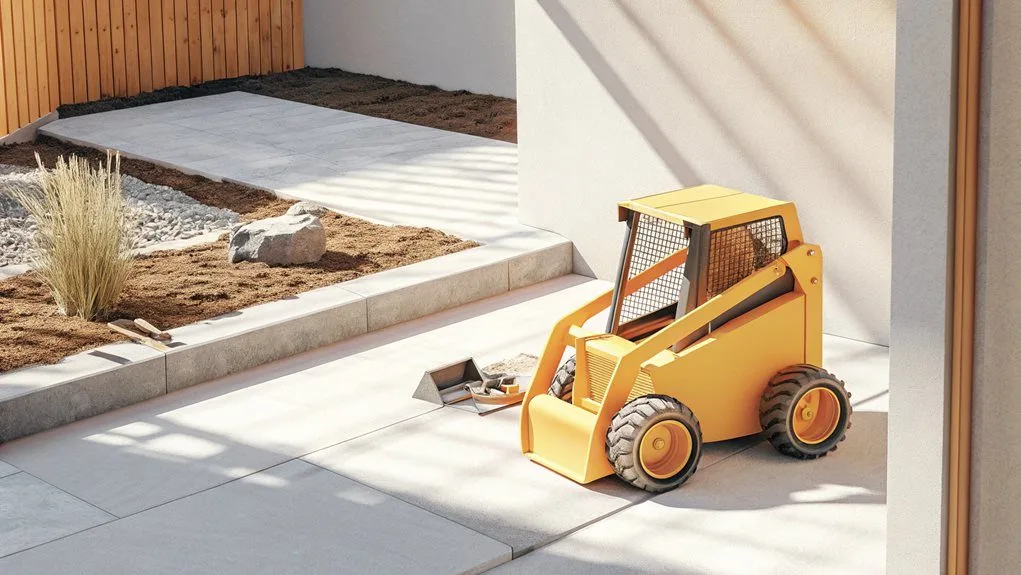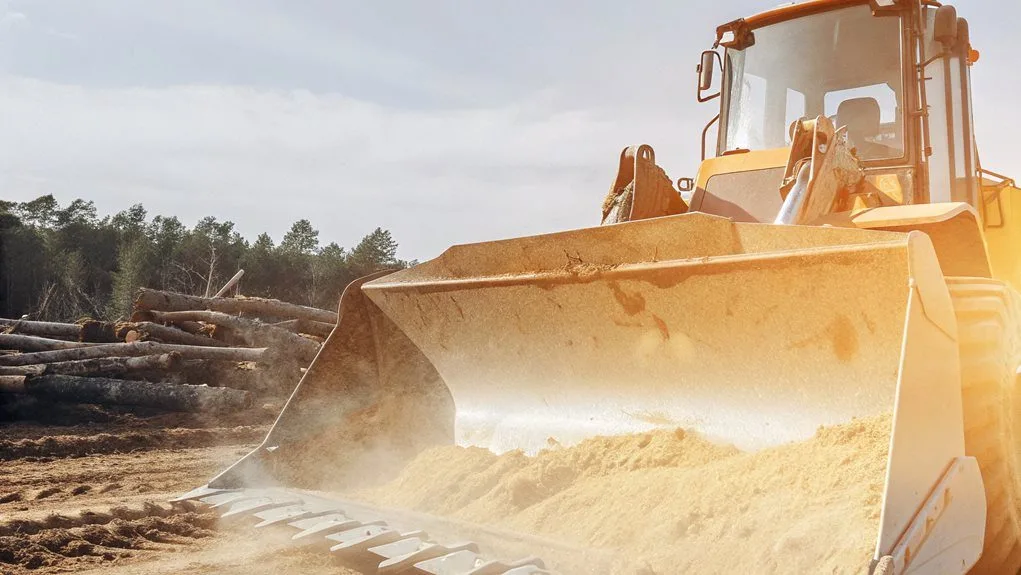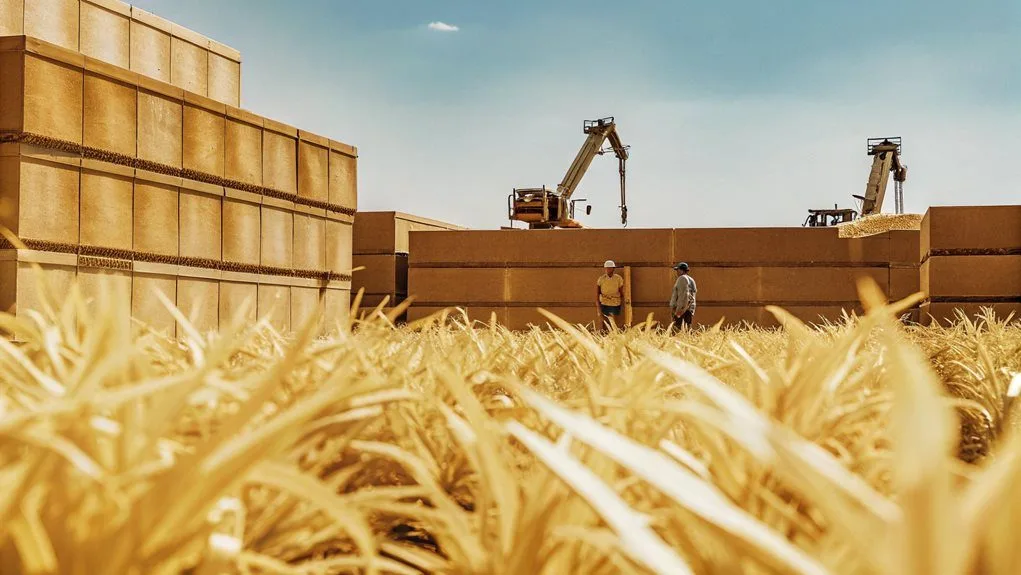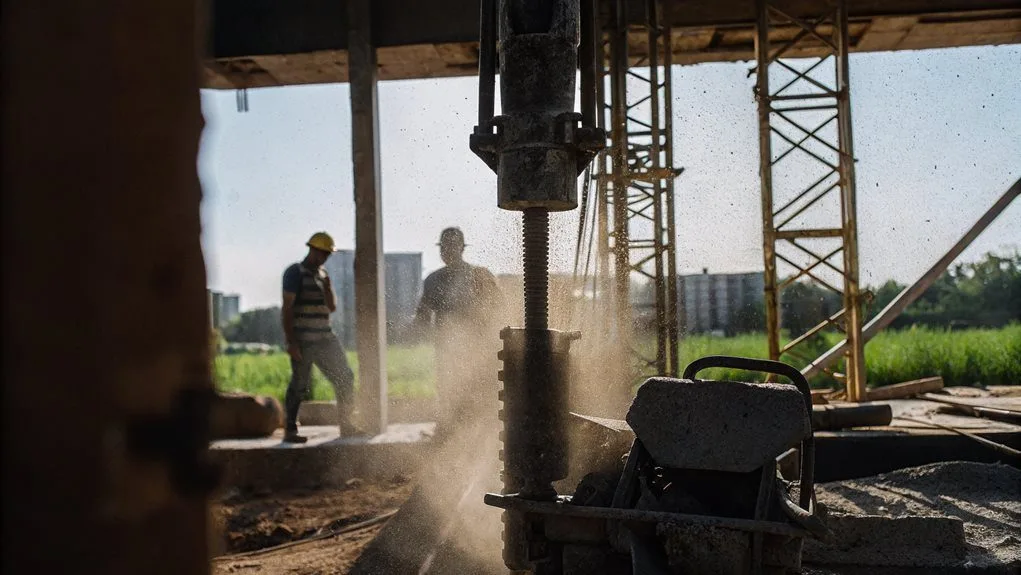In the dynamic world of construction, the quest for efficiency and project optimization often leads professionals to the doorstep of short-term equipment rental. Navigating through the myriad of options, however, can turn this search into an overwhelming endeavor, especially when the goal is to stay on schedule and within budget. Recognizing the intricacies involved, this guide is meticulously crafted to steer contractors through the maze of choices, ensuring you find the perfect match for your project needs.
With years of industry experience, we understand the hurdles you face—from the urgency of meeting project deadlines to the complexities of managing costs effectively. Tailoring our insights to serve a wide array of contractors, from the veterans to those just stepping into the field, we aim to transform your approach to equipment rental. By addressing your concerns with precision and empathy, we not only aspire to guide you but also to establish a foundation of trust and reliability.
As we delve deeper into the nuances of rental agreements and the strategies to maximize their value, rest assured, your pathway to elevating your construction projects is about to be laid out, inviting you to explore the potential that lies within short-term equipment rental.
Key Takeaways
- Assess job requirements and site conditions to choose the right equipment for optimal performance.
- Consider renting versatile equipment models to handle various tasks efficiently.
- Research and choose rental companies with reliable equipment and convenient delivery services.
- Prioritize safety by ensuring proper training, conducting equipment inspections, and understanding rental agreement terms.
Rental Equipment Options
When considering short-term construction equipment rental, it is important to explore the various rental equipment options available. These options include boom lifts, forklifts, skid steer loaders, roll off dumpsters, and mini excavators.
Boom lifts are a popular choice for construction and maintenance projects. They come in articulating and telescopic options, offering different heights and capacities. With their maneuverability and versatility, boom lifts are ideal for accessing hard-to-reach areas and completing tasks at various heights.
Forklifts are essential for material handling in warehouses, construction sites, and industrial settings. They provide efficient solutions for transporting heavy loads and organizing inventory. Forklifts come in diverse options, including electric and gas-powered models, with various lifting capacities and attachments.
Skid steer loaders are compact and versatile equipment commonly used in landscaping, excavation, and snow removal tasks. Equipped with different attachments, such as buckets, forks, and augers, skid steer loaders can easily adapt to different job requirements.
Roll off dumpsters are commonly used for waste disposal in construction, renovation, and cleanup projects. These dumpsters come in various sizes, allowing for convenient removal of debris and waste. Rental durations for roll off dumpsters are flexible, depending on the project's needs.
Mini excavators are compact machines used for digging, trenching, and excavation work. They offer precision and maneuverability in tight spaces, making them suitable for small-scale construction projects.
Choosing the Right Equipment
To ensure optimal performance and efficiency for your short-term construction project, selecting the appropriate equipment is crucial. Consider the specific job requirements and site conditions when choosing equipment for rental. Evaluate the options available from rental companies and match them to your project needs. It is important to look for reputable brands and well-maintained equipment to ensure reliable performance. Opt for versatile equipment models that can cater to a range of tasks, maximizing efficiency on the job site.
To assist you in making the right choice, consider the following factors when selecting equipment for your short-term rental:
| Factors to Consider | Description |
|---|---|
| Job Requirements | Assess the specific tasks and functions that the equipment needs to perform on your construction site. |
| Site Conditions | Take into account the terrain, climate, and other environmental factors that may affect equipment performance. |
| Equipment Versatility | Choose equipment that can handle multiple tasks, reducing the need for additional rentals and saving time. |
| Delivery Services | Check if the rental company offers delivery services to streamline the rental process and save time and effort. |
| Reliable Performance | Ensure that the rental equipment is well-maintained and from reputable brands to minimize downtime and disruptions. |
Where to Rent Construction Equipment
Construction equipment can be rented from a variety of sources, including local rental companies, online rental platforms, and equipment rental aggregators. Here are some options to consider when looking for construction equipment rentals:
- Local rental companies: Companies like Five Star Equipment in Pennsylvania offer a wide selection of well-maintained construction equipment for short-term rental. They have experienced staff who can guide you in choosing the right equipment for your project.
- Online rental platforms: Online rental marketplaces like DOZR provide convenient access to a wide range of heavy equipment models for short-term projects. These platforms offer a user-friendly interface where you can browse through different equipment options, compare rental rates, and read customer reviews.
- Equipment rental aggregators: Rental aggregators like United Rentals allow you to search and compare rental offerings from multiple rental companies. This can help you find the best rental rates and availability in your area.
- Rental companies with delivery services: Many rental companies offer delivery and pick-up services to make the rental process more convenient for you. This saves you the hassle of transporting the equipment to and from the rental location.
When renting construction equipment, it is important to review and understand the rental agreement. Make sure it covers important details such as rental rates, duration, and any additional fees. Following a rental guide and choosing a reputable rental company will help ensure a successful rental experience.
Tips for a Successful Rental Experience
To ensure a successful rental experience, it is crucial to follow these tips when renting construction equipment. First and foremost, thoroughly understand the rental agreement terms, including rental duration, rates, and any additional fees. This will help you avoid any surprises and ensure that you can budget appropriately for the rental.
Before accepting the equipment, conduct a comprehensive inspection to note any existing damages or issues. This will protect you from being held responsible for any pre-existing problems.
Additionally, clear communication with the rental company is essential. Clearly articulate your project requirements and provide detailed information about the job site conditions. This will enable the rental company to recommend suitable equipment that meets your specific needs.
Consider the equipment transportation logistics as well. Make arrangements for delivery and pick-up to streamline the rental process and avoid any delays or complications.
Safety should always be a top priority. Ensure that operators have been properly trained to handle the rented construction equipment. This will minimize the risk of accidents and ensure that the equipment is used efficiently and effectively.
Lastly, don't overlook the importance of regular equipment inspection during the rental period. Regularly inspecting the equipment will ensure that it remains in good working condition and identify any potential issues early on.
Understanding Rental Agreements and Insurance
Understanding the terms and conditions of rental agreements and insurance coverage is essential for a smooth and financially secure construction equipment rental experience. Here are some key points to consider:
- Rental agreements: These agreements outline the terms and responsibilities associated with renting construction equipment. They specify the rental duration, equipment usage, and any maintenance responsibilities. It is crucial to carefully read and understand these agreements to ensure compliance and avoid any potential disputes or additional costs.
- Insurance coverage: Rental companies offer various insurance options to protect against liability and damages during the rental period. These options may include damage protection, liability coverage, and theft insurance. Choosing the right insurance coverage can help mitigate financial risks associated with equipment breakdowns or accidents.
- Liability for damages: Understanding liability for damages is crucial for cost management. Rental agreements often specify who is responsible for damages that occur during the rental period. It is important to clarify these details and consider the potential financial implications.
- Maintenance responsibilities: Rental agreements may include provisions for maintenance and servicing responsibilities. Familiarizing yourself with these requirements will help ensure that the equipment remains in optimal condition and minimize the risk of unexpected breakdowns.






